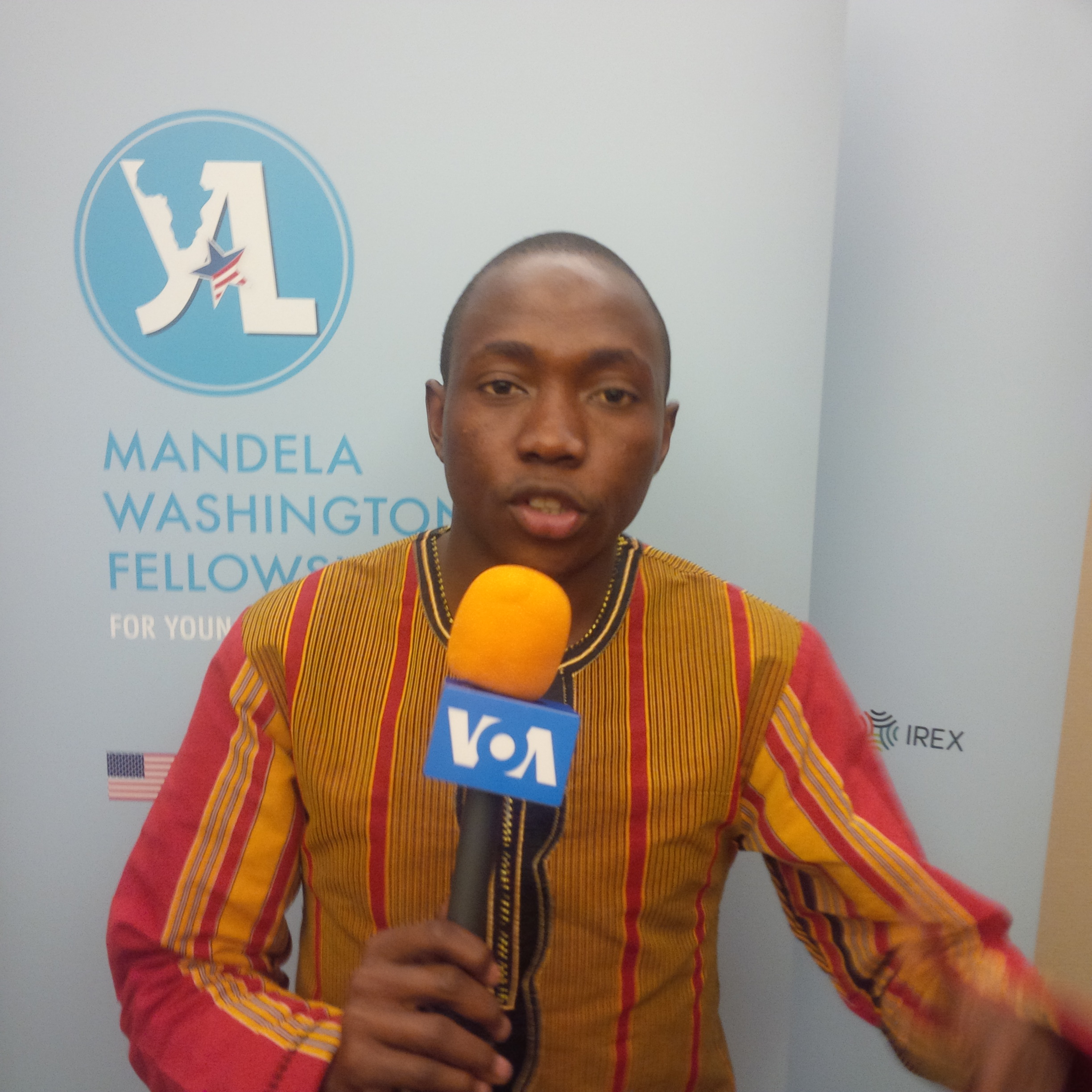THE LEADERS OF TOMORROW
ATHENA & TELEMACHUS ALUMNI
Q: Tell us a few things about your country, and also your life's story!
My country Uganda, is located in East Africa. It was described as the Pearl of Africa by Winston Churchill for its abundant vegetation.
Born and raised in a Kampala suburb to a single mother, who faced a lot of stigma because of my sickle cell. I was inspired to make a difference such that other people with sickle cell don't experience the same. I have now founded the Uganda Sickle Cell Rescue Foundation to champion sickle cell awareness.
Q: What is your view of the world as it is today? And how do you define the concept of a better world?
The world today is a chaotic place, where injustices are the order of the day. With little or nothing being done by those with authority to address the injustices.
My concept of a better world is a place or time when everyone can meet their basic needs . Where healthcare, education, housing can easily be accessed . With youth finding or access employment, with persons with disabilities having equal opportunities for a sustainable livelihood.
Q: What are some of the key challenges in your society?
The main challenges in my society are the;
1. Access to employment and education for persons with disabilities.
2. Social and cultural norms fueling stigma, discrimination and gender inequalities
3. Un supportive government policies for youth entrepreneurship
Q: As a young individual what are a few of the hurdles that you had to overcome up until today?
As a young person, the biggest hurdle was the stigma and discrimination because of sickle cell. I also faced a challenge of mentors or people I could look up to / aspire to be like who were from a disadvantaged background like myself.
Q: Why is the role of a mentor important for you?
As a young leader working to make a change in my community, I need a mentor to guide , advise and even coach me to discover the potential that I might not be aware of. A mentor has been instrumental in assisting me to learn more about myself and learn from their diverse experience on how best I can do , what I do.
Q: Do you have a lesson that life has taught you and you would like to share?
Growing up in social filled with stigma for persons with sickle cell where a time of death is set for you. I have learnt to believe in myself and that many of the limitations are only in our minds not my body. This has really helped me achieve.
Q: Name a project, a foundation or a person in your country that you think is doing great work in helping improve other people's lives!
Dr Bulaimu Muwanga Kibirige a business mogul and philanthropist in Uganda. He is instrumental in donating to many causes in my community including the sickle cell foundation which he has donated office space and other amenities to for the past 5 years.
Q: What are some of the challenges that women in your country face and what efforts are made towards gender equality?
The biggest challenge women in my community face are the cultural and social norms that fuel inequalities . Most of the cultures reinforce the patriarchal set up . This situation is often worsened for women and girls with disabilities.
Q: Athena40 is the first ever global selection of the top 40 women forward thinkers, commentators, activists, authors, academics, entrepreneurs, executives, innovators. Can you think of a truly innovative and forward-thinking woman from your country that you wish to nominate for the Athena40 global ranking?
I nominate Dr Rose Nannyonga Clarke (https://www.linkedin.com/in/rosenanyongac/) a distinguished woman working to make a difference in the Uganda health care through academia.
Q: Share with us a phrase, a poem or a story that you love or you find interesting!
My favorite poem is Champion (the fight of my life) by Nona Burnett
Q: Tell us one thing that you have learned from your mentor.
I have learnt to be a critical thinker, my mentor constantly challenging me to think out of the box, to read beyond the lines



